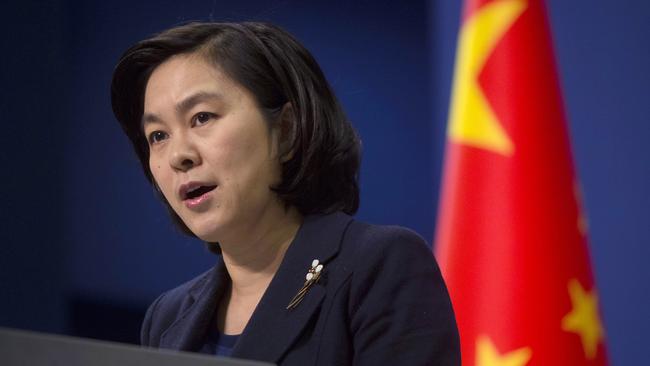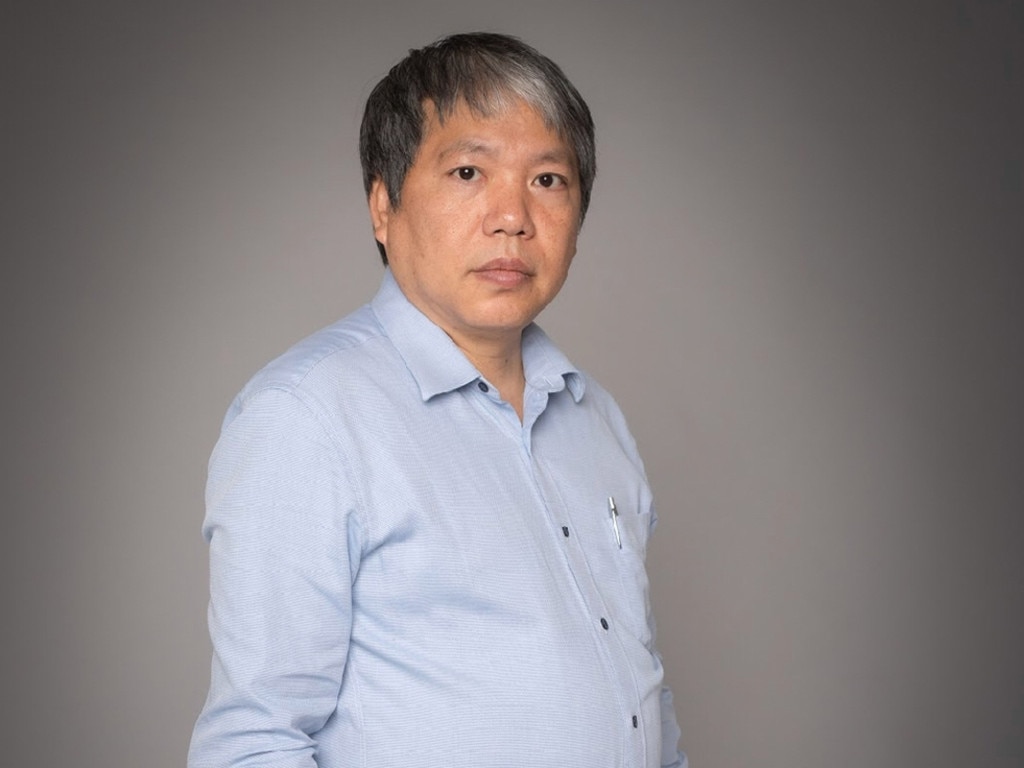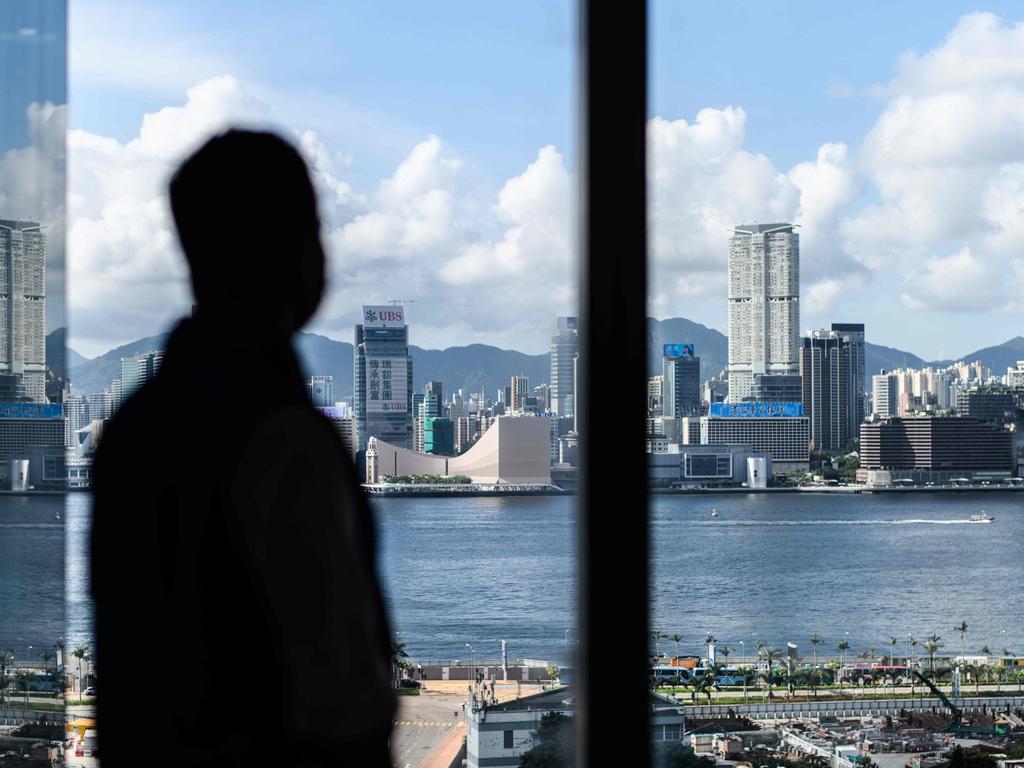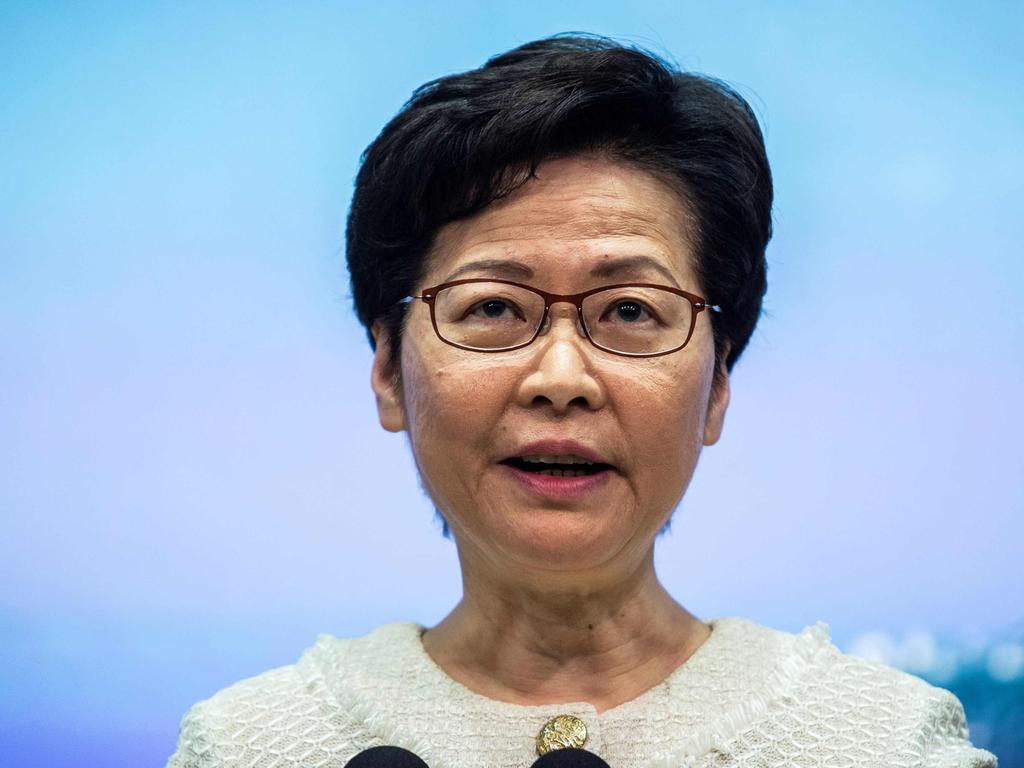‘Undisguised hypocrisy’: China challenges Australia’s stance on Hong Kong laws
A Chinese government spokeswoman hits out at ‘blatant double standards’ after comments by Alan Tudge.

The Chinese government has hit out at Australia’s “undisguised hypocrisy and blatant double standards” over Hong Kong’s new security laws, after comments by Acting Immigration Minister Alan Tudge that Hong Kong people wanting permanent Australian residency would have to pass a national security test.
“On the one hand, it opposes the Hong Kong related national security legislation,” Hua Chunying, a spokeswoman for China’s Ministry of Foreign Affairs said at a press conference.
“On the other, it requires Hong Kong residents coming to Australia to pass Australia’s national security test,” she said.
“The Australian side’s undisguised hypocrisy and blatant double standards are really eye opening.”
Ms Hua’s comments came after a weekend television interview on the ABC Insiders program where Mr Tudge said the 10,000 Hong Kong passport holders currently in Australia who would be given an opportunity to become a permanent resident in Australia, under measures announced last week by Prime Minister Morrison, would still need to pass a character test and a national security test.
He said if there was a “serious security issue” in relation to an applicant they would be “sent back” to Hong Kong.
The comments from the Chinese Ministry of Foreign Affairs are the latest in a series of angry reactions by Beijing to moves by the Morrison government including upgraded travel warnings for Australians in mainland China and Hong Kong.
Concerns about the introduction of new security laws in Hong Kong also prompted measures by the Morrison government last week to suspend the extradition treaty between Australia and Hong Kong, making it easier for some 10,000 Hong Kong passport holders – mainly students and skilled visa holders – to get permanent residency and encourage more Hong Kong businesses to Australia.
Mr Tudge said Hong Kong’s new national security laws changed the situation in the city.
“That means many Hong Kong passport holders may be looking for other destinations to go,” he said.
“That is why we have put forward our additional visa options for them.”
The Beijing government has criticised the recent actions of the Morrison government as an interference in China’s internal affairs which it says have further damaged already strained China-Australia relations.
Ms Hua said China urged Australia to “immediately change its course and stop interfering in Hong Kong affairs and China’s other internal affairs in any form so as to avoid further harm to China-Australia relations”.
“The Australian side, with its latest move, ignores the basic fact that the Hong Kong related national security legislation is conducive to the steady and sustained implementation of ‘one country, two systems’, ” she said.
“What they have done violates international law and the basic norms of international relations and grossly interferes in China’s internal affairs.”
She said China would “never accept this”.

“We can see that the Australian side keeps talking about rejecting ‘foreign interference’ but it has repeatedly interfered in the Chinese government’s handling of Hong Kong related issues.
“The Chinese government is firmly determined to safeguard its national sovereignty, security and development interests and oppose interference in Hong Kong affairs by external forces.”
China’s nationalistic, government owned Global Times newspaper said this week that Australia was “trying every trick in the book to alienate Hong Kong residents” from mainland China and to “incentivise Hong Kong based businesses to move to Australia.”
But it said that Hong Kongers “seem uninterested in the policies”.
Commenting to the Global Times, Chen Hong, the director of the Australian Studies Centre at East China Normal University in Shanghai, said he expected any security checks of Hong Kongers applying for permanent residency in Australia would include their links with mainland China.
He said if an applicant from Hong Kong had links with mainland China it could “sound the alarm to (Australian) authorities”.
Mr Chen said Mr Morrison was manipulating Australia’s refugee program when it came to offering easier visas for people from Hong Kong to challenge China’s sovereignty.
“It’s plain to any eye that there is no humanitarian crisis in Hong Kong,” he said.
“But Australia’s Liberal-National Coalition administration is politicising and weaponizing its refugee policy to alienate the people of Hong Kong from the Chinese mainland and to stir up more hostility, instead of promoting stability,” he said.
He said the polices of the Morrison government were becoming increasingly assertive and aggressive, making it appear like a “wilful and headstrong child, regardless of consequences.”
“It is most worrying that the bilateral relationship is being progressively pushed into the abyss of disrepair,” he said.








To join the conversation, please log in. Don't have an account? Register
Join the conversation, you are commenting as Logout